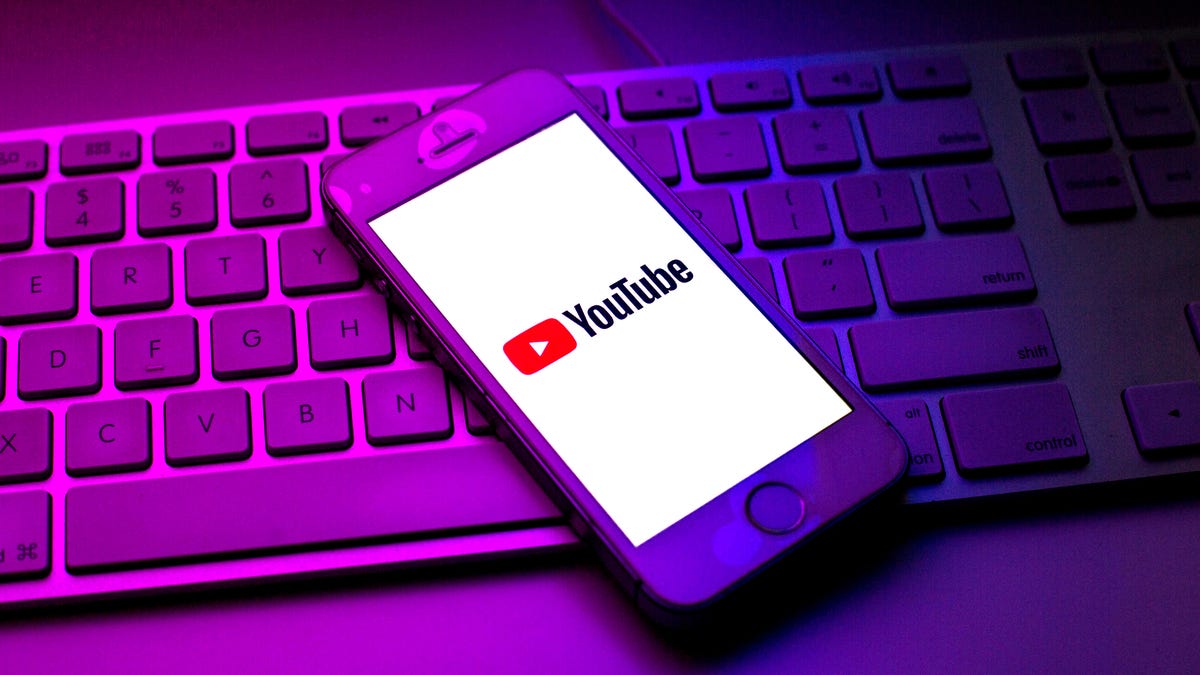YouTube co-founder Jawed Karim opposes demise of public dislike button
Karim changes his description of the first video ever posted to YouTube and uses it to air his thoughts on the button's removal.

One of YouTube's co-founders has thoughts about the dislike button.
YouTube co-founder Jawed Karim doesn't agree with the platform's decision to hide the public dislike button from videos.
Karim said so by changing the description of Me at the Zoo, which was the first video posted to YouTube, back in April 2005. The short video has more than 200 million views and shows Karim talking about elephants. The new description says, "The ability to easily and quickly identify bad content is an essential feature of a user-generated content platform. Why? Because not all user-generated content is good. It can't be. In fact, most of it is not good. And that's OK."
The description, several paragraphs long, also warns of a possible decline in YouTube's quality because of the decision. "Does YouTube want to become a place where everything is mediocre?" it reads. "Because nothing can be great if nothing is bad."
In November, YouTube made the decision to hide pubic dislike counts, citing "dislike attacks," a harassment tactic that the platform said was particularly hurting newer and smaller creators.
"We heard during the experiment that some of you have used the public dislike count to help decide whether or not to watch a video." YouTube said in a blog post. "We know that you might not agree with this decision, but we believe that this is the right thing to do for the platform. We want to create an inclusive and respectful environment where creators have the opportunity to succeed and feel safe to express themselves."
Karim couldn't immediately be reached for comment.

